Promoting, Protecting Child Rights : Yaounde Conference Participants So Declare
- Par Kimeng Hilton
- 20 Nov 2025 20:27
- 0 Likes
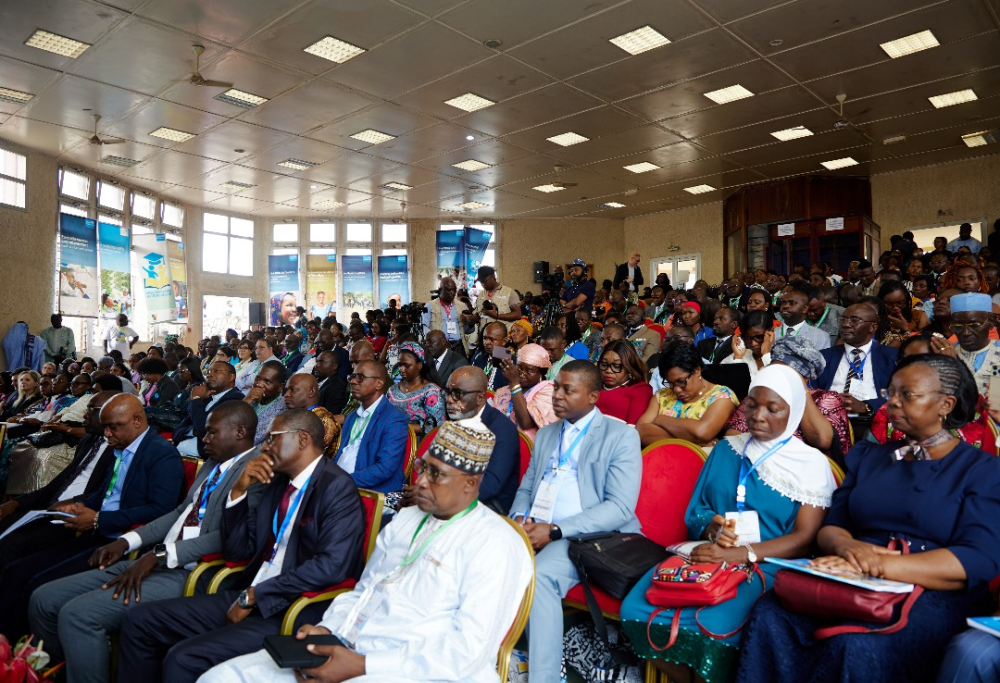
Rising from two days of discussions on November 20, 2025, stakeholders committed to a number of engagements.
Representatives of universities, think tanks and research institutions, government entities, Civil Society Organizations, and development and humanitarian actors, met in Yaounde from November 19-20, 2025. For the International Conference on the Role of Academia in Promoting and Protecting Child Rights.
UNICEF And Partners
The gathering hosted by the Catholic University of Central Africa, UCAC, was organized by the United Nations Children’s Fund, UNICEF. In collaboration with Cameroonian universities that have signed child rights promotion agreements with UNICEF.
Power Of Academia
Rising from two days of discussions on November 20, 2025, stakeholders committed to recognize the transformative power of academia and research institutions as catalysts for social change and sustainable development. To be guided by the principles of international and regional human rights instruments on children’s rights. In particular, the Convention on the Rights of the Child and the African Charter on the Rights and Welfare of the Child, and inspired by our collective aspiration to leave no child behind.
Interconnected Pillars
They affirmed the vital role of academia in promoting and protecting child rights and committed to reinforce this role through three interconnected pillars. By raising public consciousness on children’s rights, shaping mindsets, influencing policies, and championing child participation in all spheres of society.
Embedding Rights Programmes
Conducting rigorous, interdisciplinary research and producing data-driven insights to inform public policies, programmes, and practices that advance children’s rights and well-being. And embedding child rights principles across academic programmes, professional training, and community engagement to nurture generations of informed citizens and ethical leaders.
Conference participants collectively pledged to make university child rights centres places of excellence for children’s rights, capable of driving the realization of every child’s right to survive, develop, and thrive.
Potpourri Gathering
The high-level meeting assembled academics, researchers, public decision-makers, institutional leaders, civil society actors, international partners, and a delegation of young leaders. Together, they worked to reposition the university as a driver of social transformation and a key actor in child protection in Cameroon, Africa, and beyond.
UNICEF’s Untiring Efforts
Since 2024, UNICEF Cameroon has been leading a pioneering initiative to institutionalize children's rights in higher education through the creation of Children's Rights Centers in partnership with public and private universities and leading universities. These centers are currently operational in the Catholic University of Central Africa (UCAC), the University of Bertoua, the University of Dschang, the University of Yaoundé1, and the University of Yaoundé II, Soa. The centres are interdisciplinary hubs dedicated to research, training, and advocacy. They act as catalysts for academic and student engagement in building a more just and inclusive future for all children, especially those living in surrounding communities.
The ambition was twofold: to strengthen the integration of children's rights into all academic disciplines and to help inform public policymaking through contextualized research. These centers also provide support to local governance systems by assisting elected officials and administrative leaders in implementing policies adapted to the needs of children.
European Experiences
Inspired by international experiences (Georgia, Greece) but anchored in the African context, the initiative draws on cultural values and the historical role of universities as vectors of social transformation. It is in line with African traditions of promoting human rights, in particular the Manden Charter (1236), considered one of the oldest founding texts of human rights. Proclaimed during the enthronement of Emperor Sundiata Keita, it already affirmed universal principles such as the right to life, the abolition of slavery and human dignity. Recognized in 2009 by UNESCO as intangible cultural heritage of humanity, this charter constitutes a reference in the construction of modern frameworks relating to children's rights, alongside the Convention on the Rights of the Child (CRC, 1989) and the African Charter on the Rights and Welfare of the Child (adopted in 1990 and entered into force in 1999).
Child Rights Convention
Article 42 of the CRC states that the dissemination and understanding of children's rights is a collective responsibility, particularly involving educational and academic circles. Universities, as spaces for the production and transmission of knowledge, play an essential role in the socialization of citizens, the training of elites, and the dissemination of social norms in favor of children's rig...
Cet article complet est réservé aux abonnés
Déjà abonné ? Identifiez-vous >
Accédez en illimité à Cameroon Tribune Digital à partir de 26250 FCFA
Je M'abonne1 minute suffit pour vous abonner à Cameroon Tribune Digital !
- Votre numéro spécial cameroon-tribune en version numérique
- Des encarts
- Des appels d'offres exclusives
- D'avant-première (accès 24h avant la publication)
- Des éditions consultables sur tous supports (smartphone, tablettes, PC)






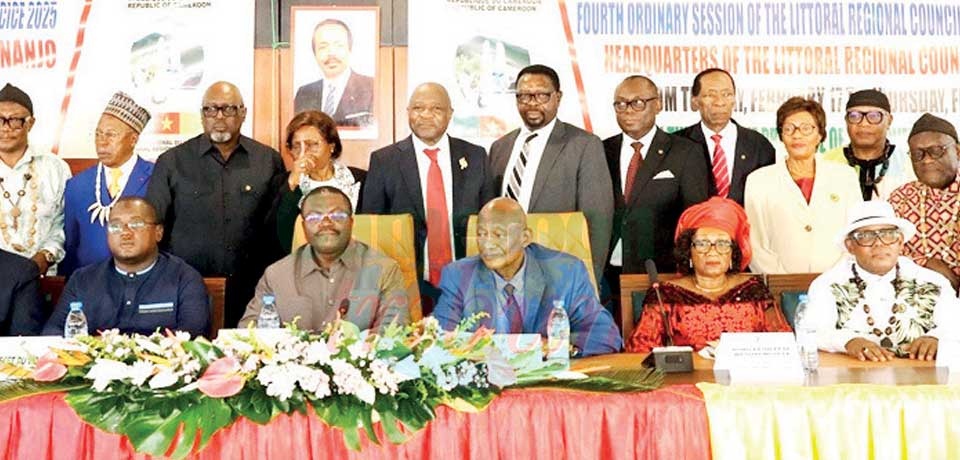
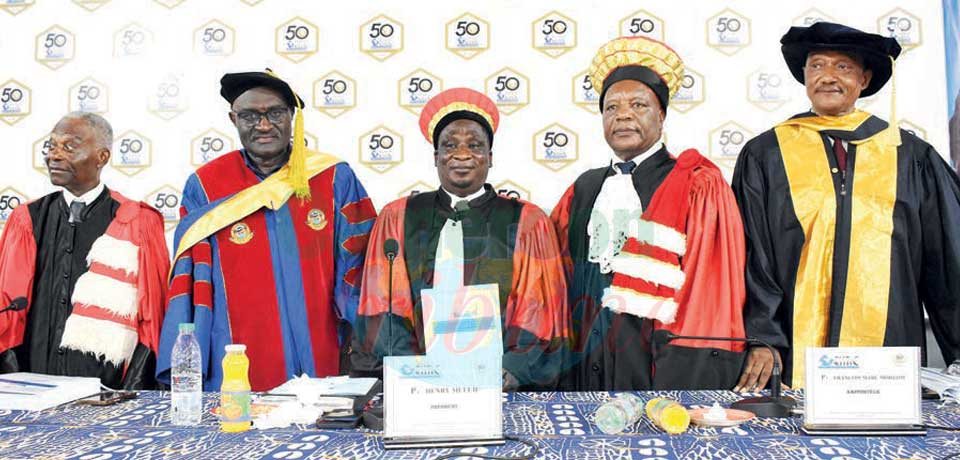
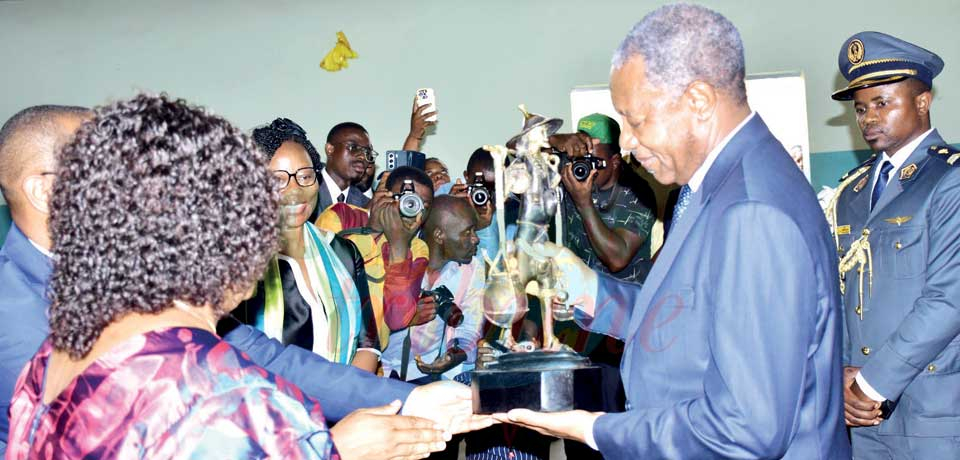
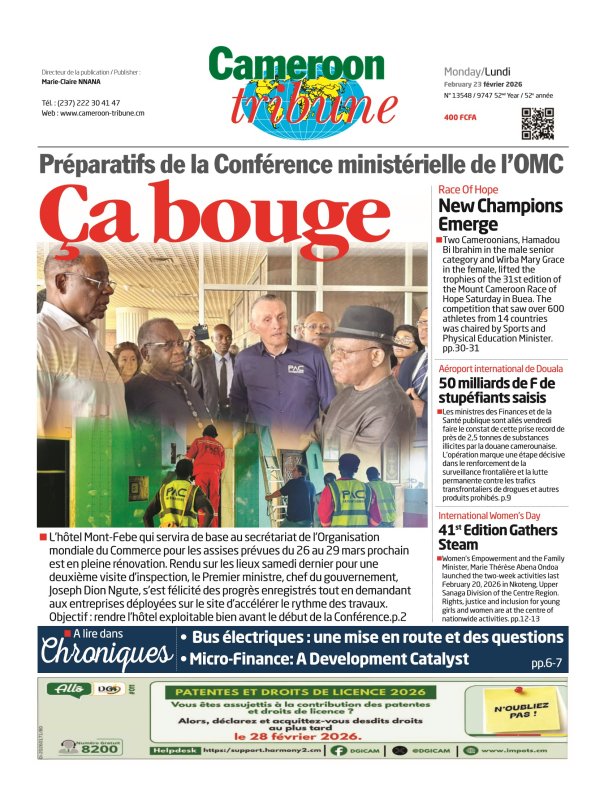




Commentaires